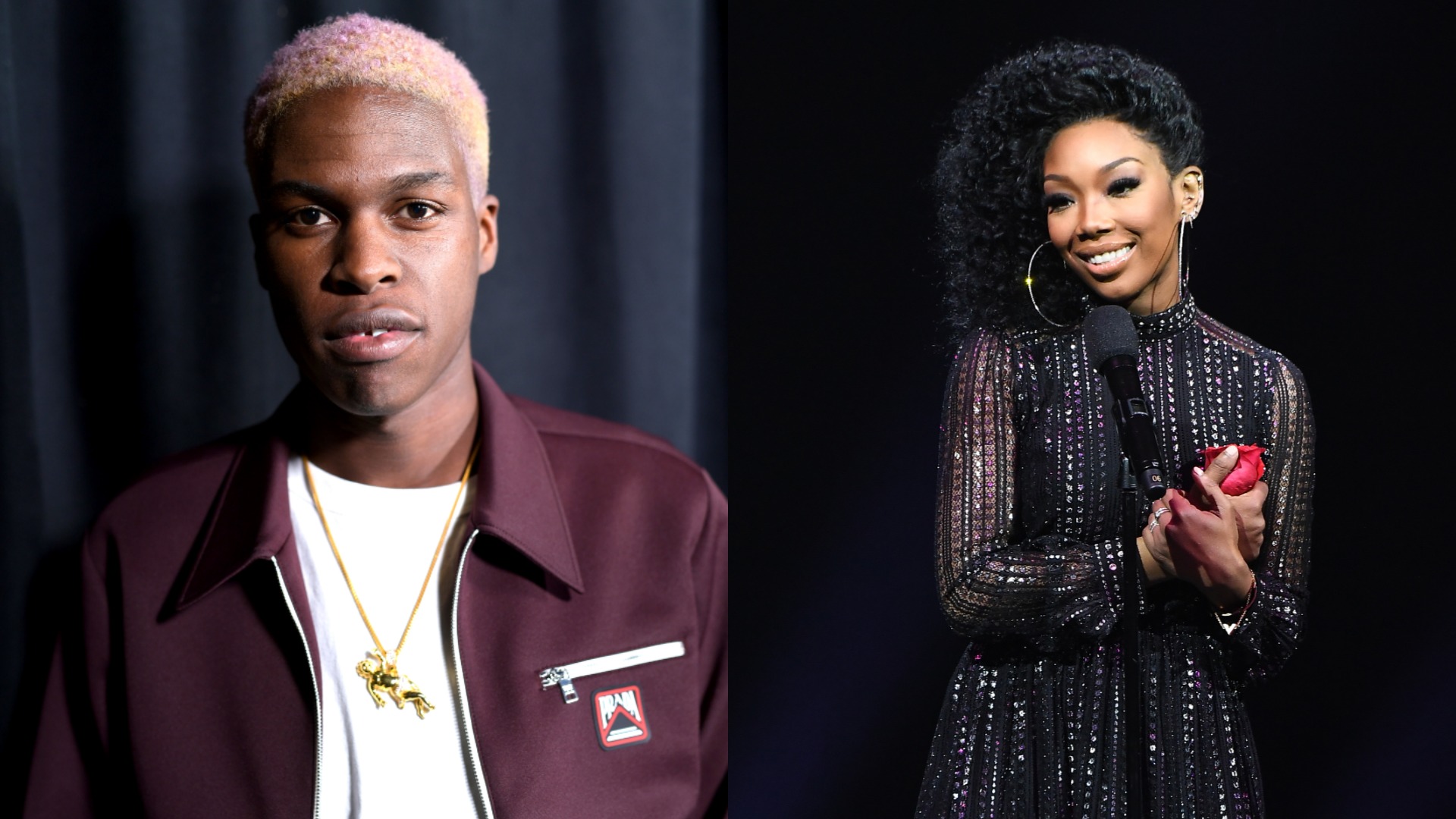It Will Take More Than a Brandy Feature to Forget Daniel Caesar’s Dumb Misstep

Credit to Author: Kristin Corry| Date: Mon, 01 Jul 2019 12:24:22 +0000
Crafting a flawless debut album is no easy feat, but Daniel Caesar came pretty close with 2017’s Freudian. His introduction to the masses showed him refashioning gospel songs with the flair of contemporary R&B. People were even dubbing “The Best Part,” his duet with H.E.R., a new addition to wedding playlists. In the two years since Freudian, his voice—dreamy and angelic—breathed new life into R&B, marking him as a frontrunner of the genre. It didn’t seem like he could do wrong—until his support for self-proclaimed “curator of vibes” Julianna “YesJulz” Goddard last March.
Today, Caesar quietly released his sophomore album Case Study 01, his first body of work since what some considered a cancelable offense. The album taps features from guests like John Mayer and Pharrell, but “LOVE AGAIN” finds Caesar singing opposite Brandy, which is enough to make any fan of 90s R&B perk their ears up.
The song is as smooth as we know Caesar can be, picking up where Freudian left off. But about 15 seconds into the song, Brandy’s voice peeks in, sounding as youthful as she did on albums like 1998’s Never Say Never. On the song, they share their perspectives on the shortcomings of their relationship, but find themselves looking to love again (as the song title suggests) rather than choosing to walk away. “If you don’t quit acting up / Alone is where you’ll end up, I promise,” Brandy sings, ending with growling passion. On “LOVE AGAIN,” it’s Brandy’s show, and the three-minute song is a great reminder for anyone who had ever discounted her legacy in R&B. Still, though, even a beautiful song bringing Brandy back isn’t enough to render Caesar’s comments earlier this year irrelevant.
It’s been three months since the singer said “White people have been mean to us in the past,” and urged people to “accept the winning team’s strategy.” Cancel culture is subjective, and whether a listener might deem his comments worthy of not streaming his music depends on their personal threshold. While there is no designated time period after which we traditionally “forgive” artists for opinions that don’t align with our own, the streaming era makes it trickier to judge. In the age of the internet, it can feel like artists are canceled until they release a project that causes you to forget what happened in the first place.
Caesar’s public support of Goddard, a white woman who has been under fire for her controversial comments about Black women critics, somehow cheapens the brilliance of securing Brandy for a feature as beautiful as “LOVE AGAIN.” It is an indication that no matter how Black women are disrespected, we will still be called upon to save the day.
Kristin Corry is a staff writer for Noisey. Follow her on Twitter.